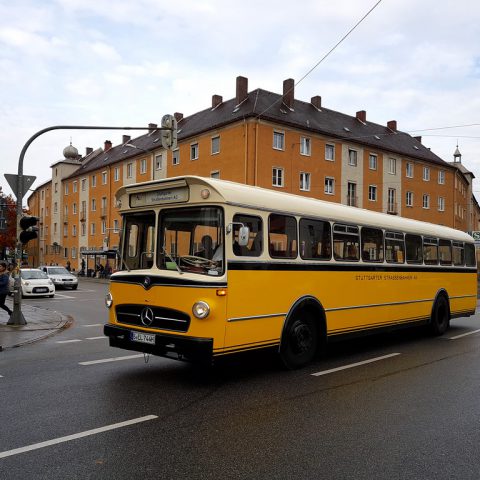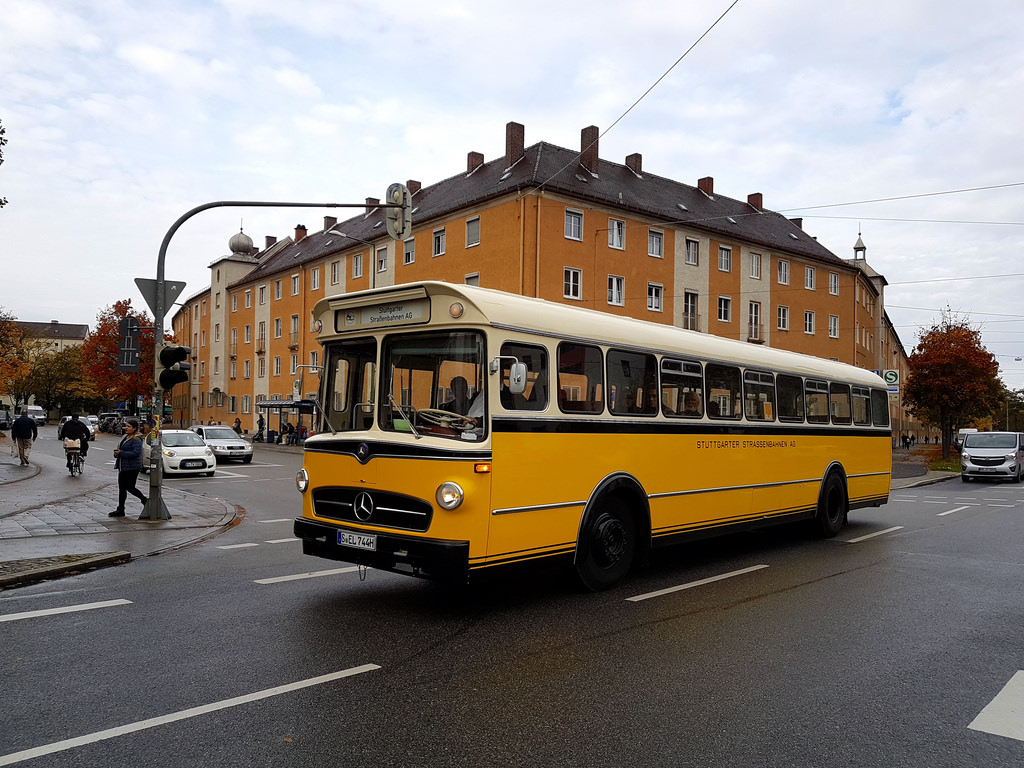Germany, the transition of public transport has a flavour of… diesel. UE funds bus retrofitting
107 million euros from European Commission for the retrofit of diesel buses. In Germany, green transition of public transport has a flavour of… diesel. Indeed, the European Commission has found German plans to support the retrofitting of diesel buses used for public transport to be in line with EU State aid rules. Up to 7,000 […]

107 million euros from European Commission for the retrofit of diesel buses. In Germany, green transition of public transport has a flavour of… diesel. Indeed, the European Commission has found German plans to support the retrofitting of diesel buses used for public transport to be in line with EU State aid rules. Up to 7,000 buses should be involved. The measure should contribute to reducing nitrogen oxides emissions by over 2,000 tonnes per year while limiting distortions of competition. The measure has been announced today, 14th November, by the European Commission through a press release.

90 municipalities involved
The scheme set up by Germany with a budget of €107 million will support the retrofitting of diesel buses used for public transport in approximately 90 municipalities where the limits for nitrogen oxides (NOx) emissions were exceeded in 2016 or 2017. The public support, European Commission announces, will cover the costs of the retrofitting systems and their installation. The measure is part of the German Federal Government’s “Immediate Clean Air Programme for 2017-2020”, which aims to reduce nitrogen oxides emissions as quickly as possible. No information are provided with regards to the kind of retrofit that would be applied.
A war against nitrogen oxides
The retrofitting is expected to cut the nitrogen oxides emissions of each bus by at least 85%. The planned support for the retrofitting of up to 7,000 diesel buses is expected to lead to a reduction of an estimated 2,200 tonnes of nitrogen oxides per year. The figure of 7,000 buses released by European Commission suggests that the cost of the retrofitting would be 15,000 euros for each bus. Much cheaper than buying new electric or hybrid buses, of course…
Europe and clean air
Commissioner Margrethe Vestager, in charge of competition policy, said: “This is a good example of how to support our European objective of cleaner air for all. The German measure gives public transport operators an incentive to invest in greener vehicles, thereby improving air quality in German cities – fully in line with EU environmental goals”.







